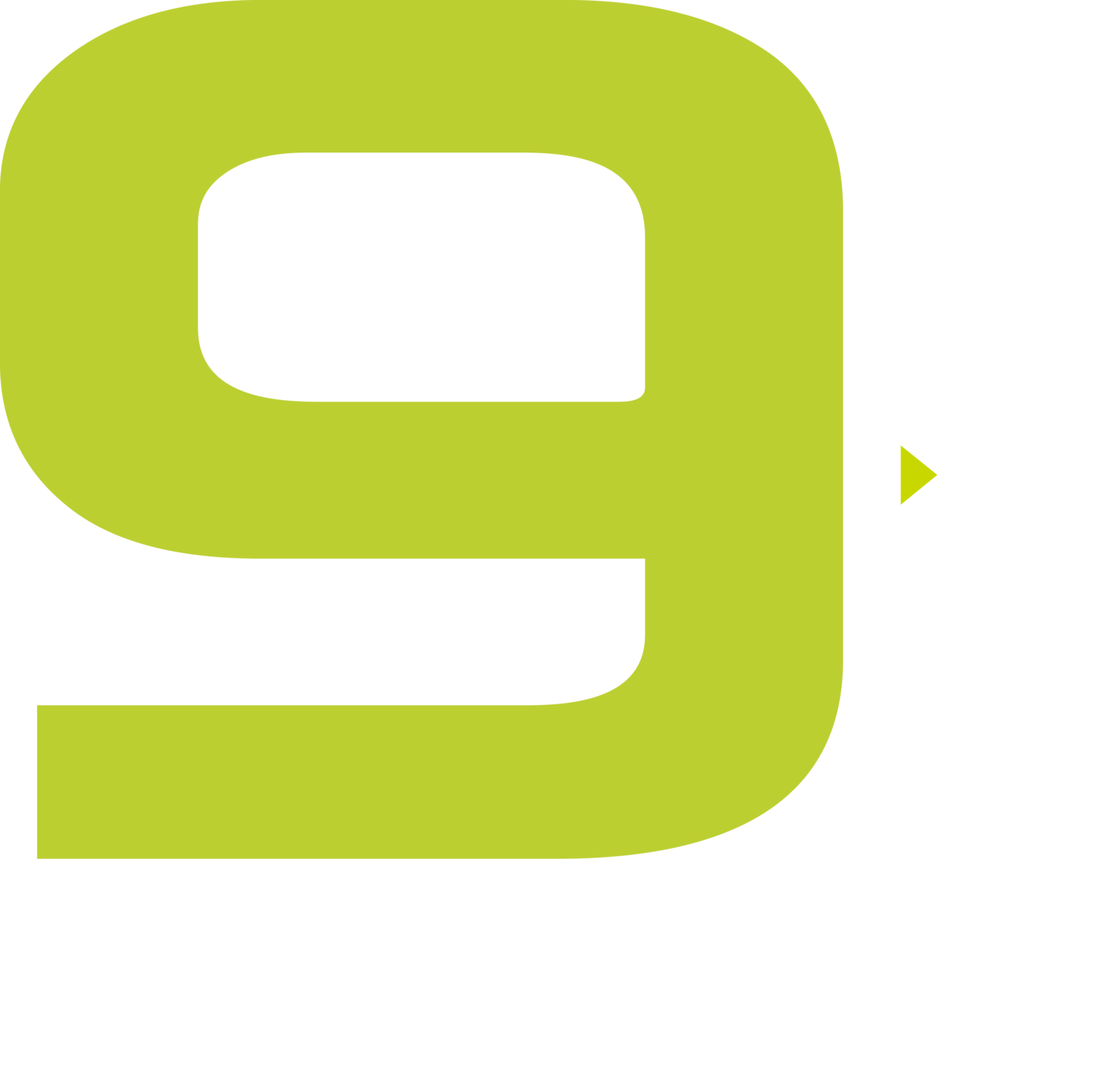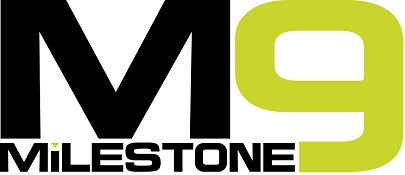We get asked about this all the time. Why and how is a B2B startup so different from a B2C company? While there are many differences, what stands out is the way in which B2B companies do marketing and sales to acquire customers. There’s no intent to imply that one is harder or simpler than the other, they’re just different. Let’s walk through a couple of examples to think through this.
B2C Example
Imagine the last time you purchased a $0.99 app. It probably took a herculean effort for the app developer to reach you through SEO, SEM, Facebook, TV/radio advertising, app review in a publication, app store, or one of the other myriad options. But once you discovered the app, read the description and browsed some reviews, you were able to make the decision about your purchase.
B2B Example
Now let’s examine a scenario where Acme Medical - a 20,000-person medical devices company - is ready to replace their existing open source CRM system with a new solution. NexGen CRM is a startup building the next generation CRM system. This potentially annual $200k+ deal could completely change the Series B funding conversations for NexGen. Here's what happens in this sales cycle
Awareness: Someone at Acme, most likely an IT manager (say Jill), is assigned responsibility for the search. This is not trivial; Jill’s neck (and the CIO’s) is on the line if Acme picks the wrong product. To create a comprehensive consideration list, Jill casts a wide net including performing web searches, consulting with her industry peers, attending trade shows and reading industry publications. NexGen wants to show up where Jill is looking for her solution.
Education: Acme needs to ensure that it provides adequate stage-appropriate and role-specific assets to educate Jill. These include white papers, data sheets, explainer videos, customer testimonials, case studies, live webinars and competitive information to ensure that Jill doesn’t just understand NexGen’s product, she also understands why it’s better than the competition.
Consideration: Once Jill downloads a white paper or attends a live webinar, she enters the sales funnel for NexGen. She invites the NexGen sales team for a show-and-tell with IT. Before the face-to-face meeting happens, the NexGen sales lead asks Jill to answer few questions about her environment over the phone or over email so they can prepare for the critical first meeting.
When the NexGen sales team shows up, it includes the NexGen CEO (it’s a big freakin’ deal), a sales lead and a sales engineer (likely a developer) who can answer Jill’s initial questions about integration with her current tools, usability, data migration, deployment timeframes and pricing.
Engagement: Once Jill is satisfied with the first meeting, she must now invite other Acme stakeholders from sales operations, marketing, possibly finance and other departments to a follow-on meeting. The NexGen sales team must also start reaching out to the Acme stakeholders.
A general guideline is that a direct sales engagement must run at 3 levels – technical, business and executive. In addition, you also need to cultivate a champion who is espousing your cause inside Acme and forewarning about impending objections and roadblocks.
The sales lead must understand the motives and objectives of the influencers and decision-makers in this purchase process. This involves researching the organization, understanding the power centers, figuring out budgetary priorities, and understanding the key strategic initiatives at Acme.
Purchase: While this stage may seem like a no-brainer after everything that’s happened prior, it is not so. Decisions get overturned because the CEO of Acme happened to be college buddies with the CEO of a NexGen competitor, Acme may have a poor quarter, or macroeconomic conditions may change…the list goes on.
But What About…
Couple of things to call out here. First, we discussed the example of a direct sale with a large deal size that can take 6-12 months, sometimes longer if you’re dealing with a government agency. While the level of engagement and sales cycle will depend on the deal size, it is useful to understand all the levers you can turn in order to achieve desired outcomes.
Second, we haven’t even touched upon the channel sales model. In general, it is challenging for startups to execute a successful channel strategy. As a startup, you need to generate the demand yourself so the channel can fulfill it. Unless the channel partners see a clear and direct path to revenue, they’ll be happy to sign agreements but won’t do much with it. By definition, early on, a majority of your sales will end up being direct sales.
So Let’s Summarize the Differences
Sales Cycle: Yes, sales cycles are longer in B2B. Also, in B2C, marketing equals sales for the most part. In B2B, marketing is only the leading edge of a potentially longer sales cycle.
Purchasing Decision: In B2C, the purchasing decision is shorter and may be impulse and emotionally driven. Not so in a B2B situation where the purchasing decision must align with budgets, strategic priorities, technological platforms and many other considerations
Deal Size: Deal sizes are typically larger in B2B than B2C, which leads to higher level of due diligence. Of course, B2C businesses deal in much larger number of users than their B2B counterparts.
Switching Costs: One reason the due diligence is longer is that switching costs are much higher in a B2B environment vs a B2C setup. Integration with existing tools, training costs, data migration and deployment costs lead to a cautious and deliberate decision-making process.
Customer Segmentation: In B2C marketing, your messaging is focused on a persona, say females between 18 and 35 years old. In B2B, you must first understand and then target both generic segments (such as Technology Decision Makers, Business Decision Makers and others) and vertical- or domain-specific roles, such as the EDI Analyst within a healthcare insurance organization. One other thought, when you’re selling in B2B, you’re selling to experts; not so in a B2C sale.
Education & Awareness-building: Because of the need for targeting experts within many different roles in a business, the messaging contained within the marketing assets needs to be stage-appropriate and tailored to the roles you’re pitching to. Hence the need for specialized assets such as white papers, technical documentation, data sheets, case studies, ROI documentation and others in a B2B sales cycle.
Revenue vs. Traffic: Here’s another generalization. In B2C, you can run a business for a long time as long as you’re growing traffic, downloads and active users. In B2B, you cannot afford to be generous for too long for one simple reason – business users don’t attach value to freebies. If an organization believes that your product solves a real problem, they will willingly pay for it (probably a discount will help with the decision) and then will likely assign a resource (or part of a resource) to extract value from their purchase. If no one is accountable to make your product successful, it will likely sit on the shelf.
I'd love to hear your thoughts and feedback on this post.

